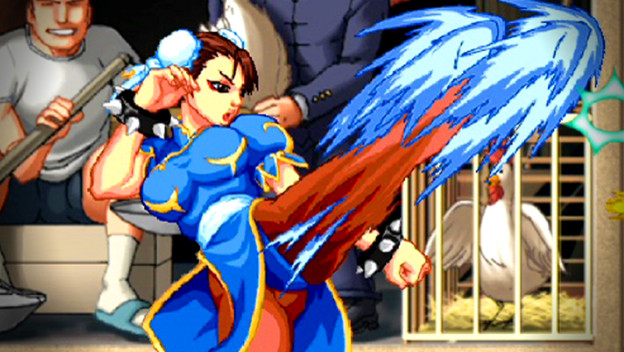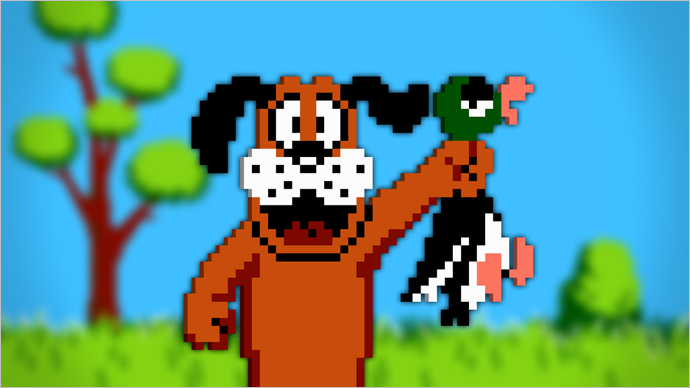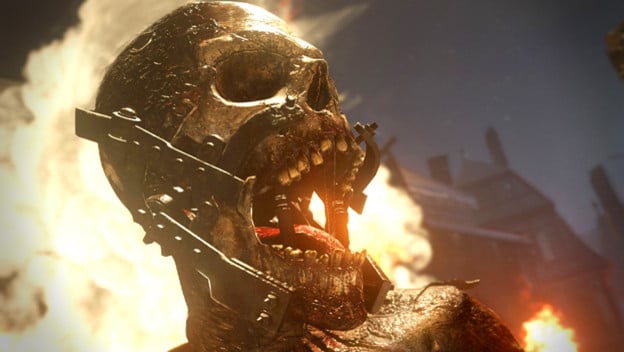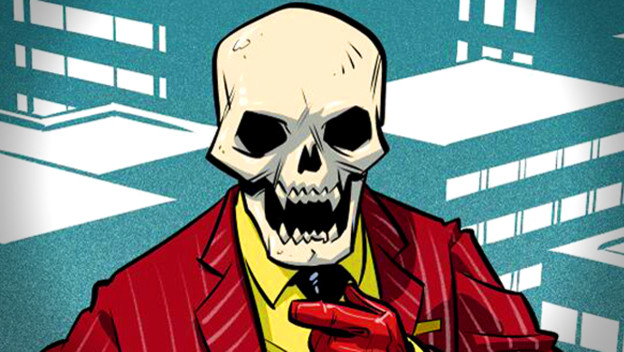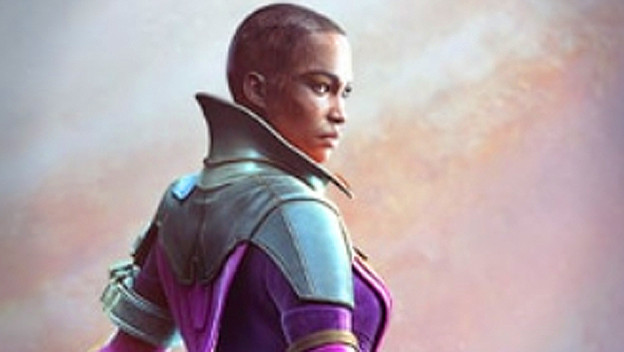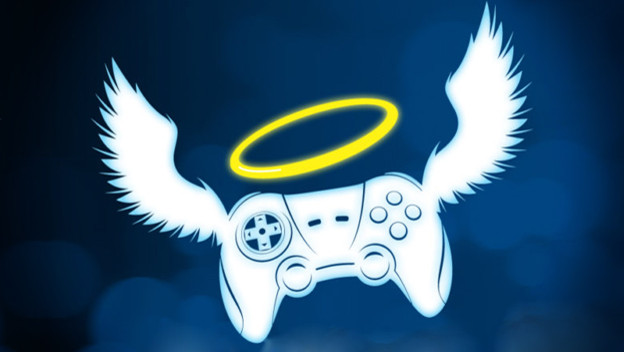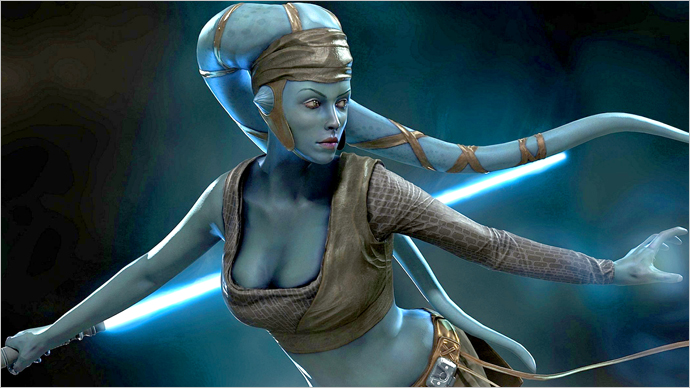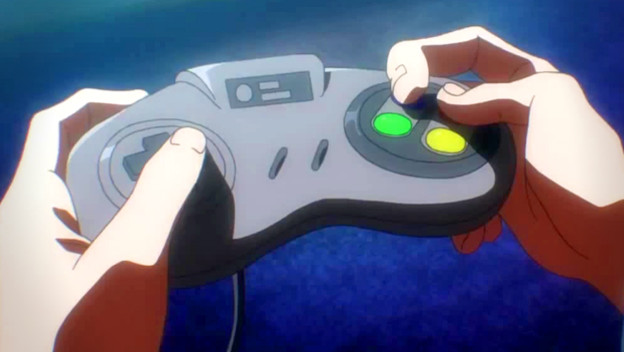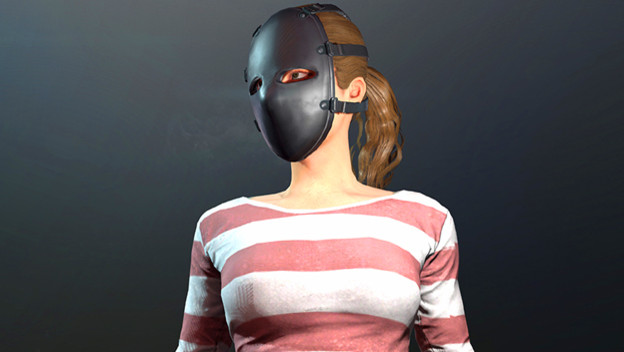
| System: PS4, Xbox One, PC |  |
| Dev: Ubisoft Montreal | |
| Pub: Ubisoft | |
| Release: October 27, 2017 | |
| Players: 1 Player | |
| Screen Resolution: 480p-1080p | Not yet assigned a final ESRB rating. |
As I explored Ubisoft’s E3 booth, I couldn’t help but feel that Assassin’s Creed Origins was the game of the show. Literally, as the lack of airflow, combined with the close quarters and mass of bodies in the closed off media portion of the booth made immersing myself in the game’s ancient Egyptian setting that much easier. I kid, but seriously, as far as first impressions are concerned, Assassin’s Creed Origins left a surprisingly good taste in my mouth.
The Assassin’s Creed Origins demo ran for about a half hour and was divided into two sections. The first was a single mission briefly introducing many of the core systems driving this new game. The second was a healthy taste of the gladiatorial sections of the game, which really doubled down on introducing the new combat systems.
And, new combat systems indeed. This demo was all about showcasing how the new Assassin’s Creed Origins plays and how much of a departure it is from its predecessors. It’s as complex as usual, but will feel totally foreign to fans of the series. Sure, there’s a parkour button and the usual sneaking, but everything has been moved around on the controller to accommodate the new core combat design.
Usually, when I think Assassin’s Creed, I think button mashing and quick timing. Unity was a brief shift, but ultimately unsuccessful in making it a little more complicated, and Syndicate brought it back to a more arcade-y feel. Now, with its new emphasis on loot and RPG elements, Assassin’s Creed Origins has also opted to go down the path of aping Dark Souls, perhaps taking its slower, more deliberate, and committal-heavy style into a casual-friendly arena.
The right bumper is a light, quick strike and the right trigger is a heavier, slower attack. As you fight, anadrenaline meter fills and a super attack of sorts will become available. This move hits hard with slow-motion fanfare, making it a fun bit of punctuation on an intense fight. Protagonist Bayek can also tag enemies with the lock-on button and defend himself with a simple dodging maneuver.

Make no mistake, Assassin’s Creed Origins wants you to pay attention to enemy animations. You won’t get an extra visual alert anymore when an enemy attacks. You have to bait out the swing, dodge, and move in for your rebuttal. Mashing out attacks will only screw you over in the end, as you cannot cancel a strike with a dodge. It’s all about being mindful of your surroundings and your own limitations. It feels familiar, but modern and, more importantly, responsive.
The gladiatorial section was all about the ins and outs of combat. The stages are littered with traps and hazards and see you dealing with multiple waves of enemies. You have to learn on the fly how to deal with environmental hazards and maintain your bearings while up against three or more bad guys at once. It’s surprisingly intuitive, in terms of the game tracking other enemies even if you’re locked onto another. After the waves you fight a boss, who puts your patience and reaction time to the test. After playing this mode, I felt not only confident in my abilities, but confident in the competence of these new systems.
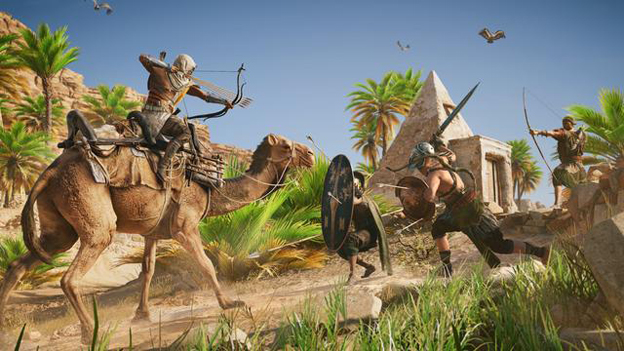
Also introduced in the Assassin’s Creed Origins demo is the playable eagle companion, no doubt the storyline origin of the eagle motif present throughout the entire series. You can swap to the eagle with a simple button press and use it to tag enemies, reveal hidden objectives, scope out resources, and more. It’s a little cumbersome to control, but seems like a good way to get a better sense of your surroundings, as well as provide some extra variety throughout the campaign.
Overall, I’m thrilled that Assassin’s Creed Origins is coming back from a year-long break with a totally different approach to the typical action. Combat and equipment are not generally the most thrilling aspects of these games, but now the emphasis seems to be there more than ever and it feels like a huge, albeit derivative step forward. The Dark Souls-like style of play is popular for a reason and it feels good to dive deep into a system that wants you to improve, rather than stumble through. If this takes off, I’m looking forward to having a more casual-friendly take on the concept.
|
By Lucas White Contributing Writer Date: 06/14/2017 |
Game Features:












